War is a cold and cruel affair, where the lives of men and women are destroyed by their enemies in a brutal struggle for power.
In war, alliances are of the utmost importance, for without strong allies, a nation can find itself outnumbered and outmatched.
At the beginning of World War Two, France, Britain, Australia, and New Zealand declared war jointly as a response to Hitler’s invasion of Poland.
Unified, these countries knew that they were the force that had to stand up to Germany’s aggression, or else all of Europe would be lost.
But the German war machine was not to be taken lightly. By May 10, 1940, the Germans had arrived in France and within six weeks had captured Paris and forced the French government to agree to surrender in the chaos.
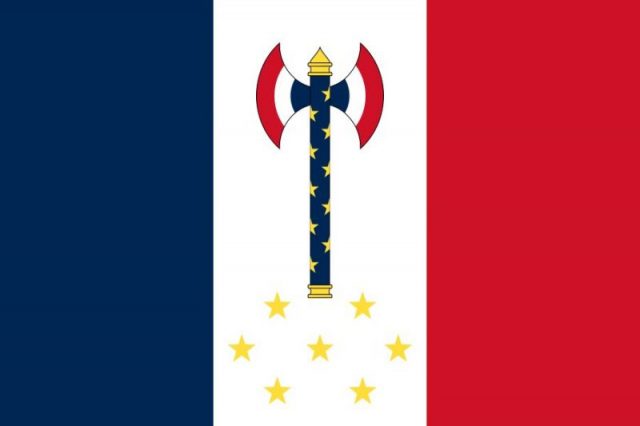
Soon, a new government was formed, known as Vichy France.
Vichy France, run by Marshal Philippe Petain, was seen as a puppet government by the British.
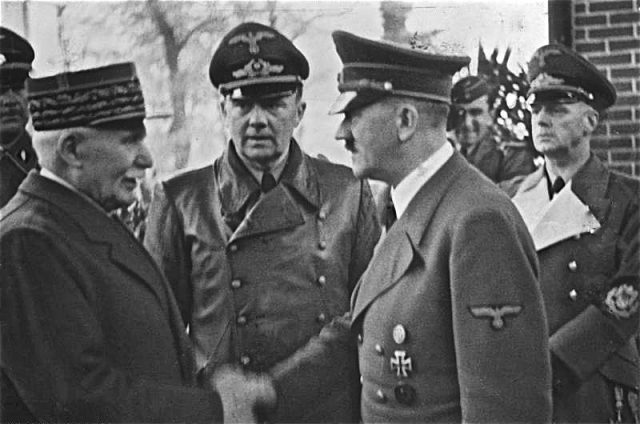
This newly formed state didn’t have much power on its own and quickly grew authoritarian, taking the once liberal and progressive country backwards, all the while creating fears in Britain that France’s sovereignty was now gone for good.
Under Winston Churchill, the British War Cabinet grew concerned with the French Navy.
Now that they believed that the French were under the control of Nazi Germany, the idea of a combined French and German fleet would be a serious threat to the national security of Britain.
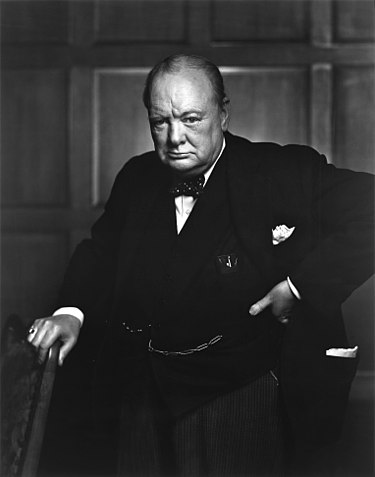
Churchill made the call: Either the French ships joined with the Royal Navy or they were to be eliminated. The risk of having Axis forces controlling those ships was just too great.
Despite the promises of Admiral Francois Darlan that the French fleet would stay sovereign and independent, the British sent their forces to French Algeria at Mers-el-Kebir, the naval base where the most powerful French fleet was stationed.
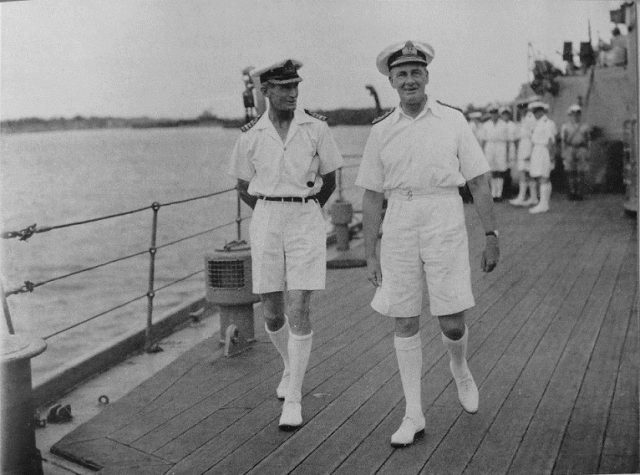
Admiral Somerville was given the order to call for the surrender of the French ships. His instructions were simple in nature: neutralize the fleet by any means necessary. This would be known as Operation Catapult.
An ultimatum was delivered, one that had been carefully crafted to show that the British respected their allies.
They could choose to join up with the Royal Navy and continue to sail, fighting against the Germans, they could move their ships to a British port with a reduced crew size, or they could move the ships to the West Indies and disarm.
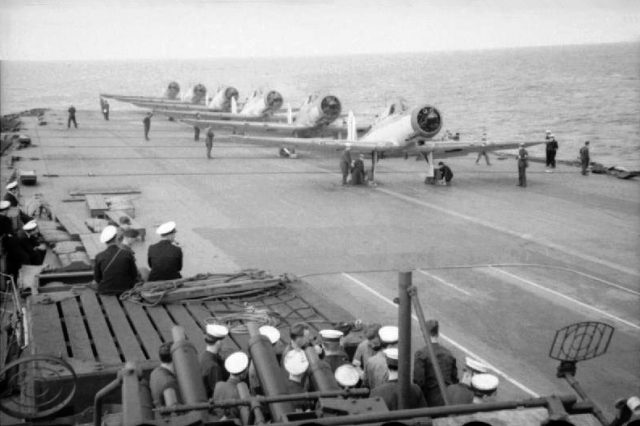
If one of those options were not chosen by the French fleet, then Admiral Somerville would be forced to sink the fleet by force. The French had six hours to decide their fate.
The French were stuck. The stipulations of their peace agreement with Germany meant that they could not possibly surrender their weapons of war to the British.
Hitler did not want French ships defecting to the British side and so negotiations had been made to allow the French to keep control over their own vessels.
Under the agreement, the French would not send their ships to Britain, and Germany would stay out of French North Africa; a territory known as the Free Zone would be established, where the French were able to self-govern.
Choosing to surrender their ships would violate this agreement and would see to the end of the armistice.
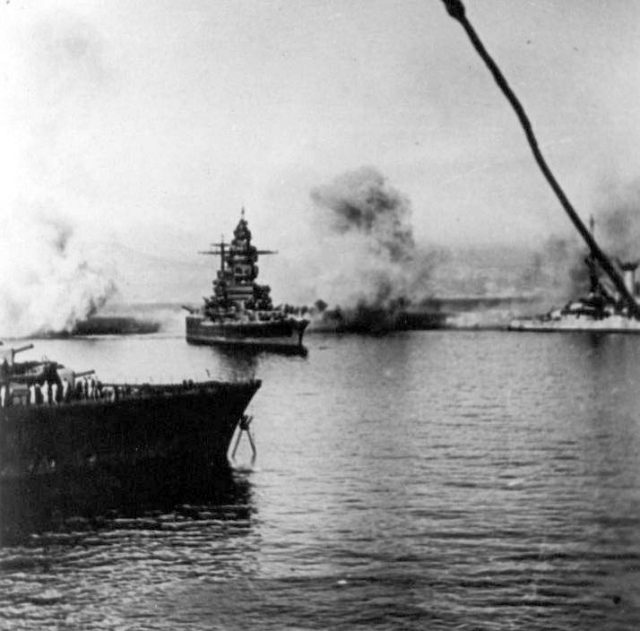
The French sent out for reinforcements and the negotiations continued for a while. Lines of communication between the two sides broke down and there wasn’t enough time for them to come to a peaceful conclusion.
The British were under strict orders — destroying the ships was of the utmost importance for the safety and security of the United Kingdom.
They opened fire on the French fleet, attacking their allies for the sake of protecting their home from the German war machine.
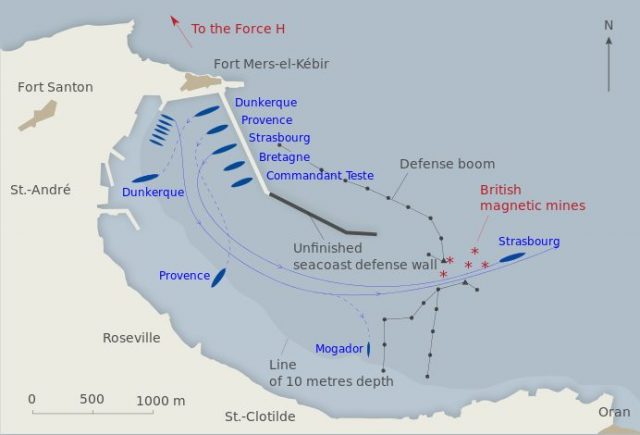
The fighting was swift and decisive. The French fleet did not have a chance against the strength of the British Navy.
With one battleship sunk, several other ships damaged and 1,297 Frenchmen killed, the British attack on Mers-el-Kebir was somewhat successful.
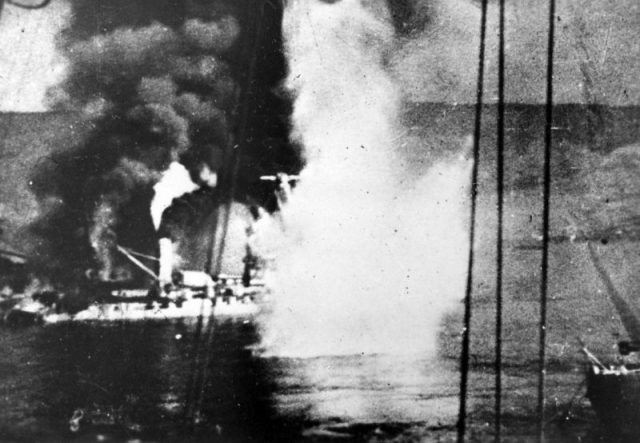
Yet, at the same time, this was a diplomatic disaster. With the French seeing how quickly and ruthlessly their own allies turned against them, a deep divide came between the two.
Ineffective air raids were made by the French against the British, specifically targeting Gibraltar, but the attempts weren’t serious, as they were not in a position to declare war against the U.K.
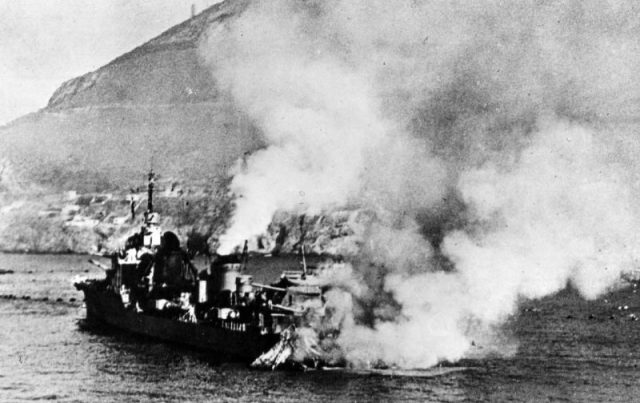
In the end, this attack would prove needless, as two years later, the Germans violated their agreement to allow the ships to stay under French control. An attempt to seize hold of a French fleet would prompt Admiral Darlan to order all valuable French ships to be scuttled at soon as possible, to prevent them from falling into the hands of the Germans.
Did Operation Catapult accomplish anything other than damaging diplomatic relations between the U.K. and France? In terms of political posturing, this showed the rest of the world that the U.K. was committed to fighting against the Germans, alone if need be.

Churchill’s reasoning had been that he hoped to impress America with his decisiveness and ruthless action. While the French had been forced to surrender by the Nazis, England had no intention of giving up. They would fight against Germany, no matter what, even if it meant attacking one of their own allies to prevent Hitler from gaining an edge.
Andrew Pourciaux is a novelist hailing from sunny Sarasota, Florida, where he spends the majority of his time writing and podcasting.
